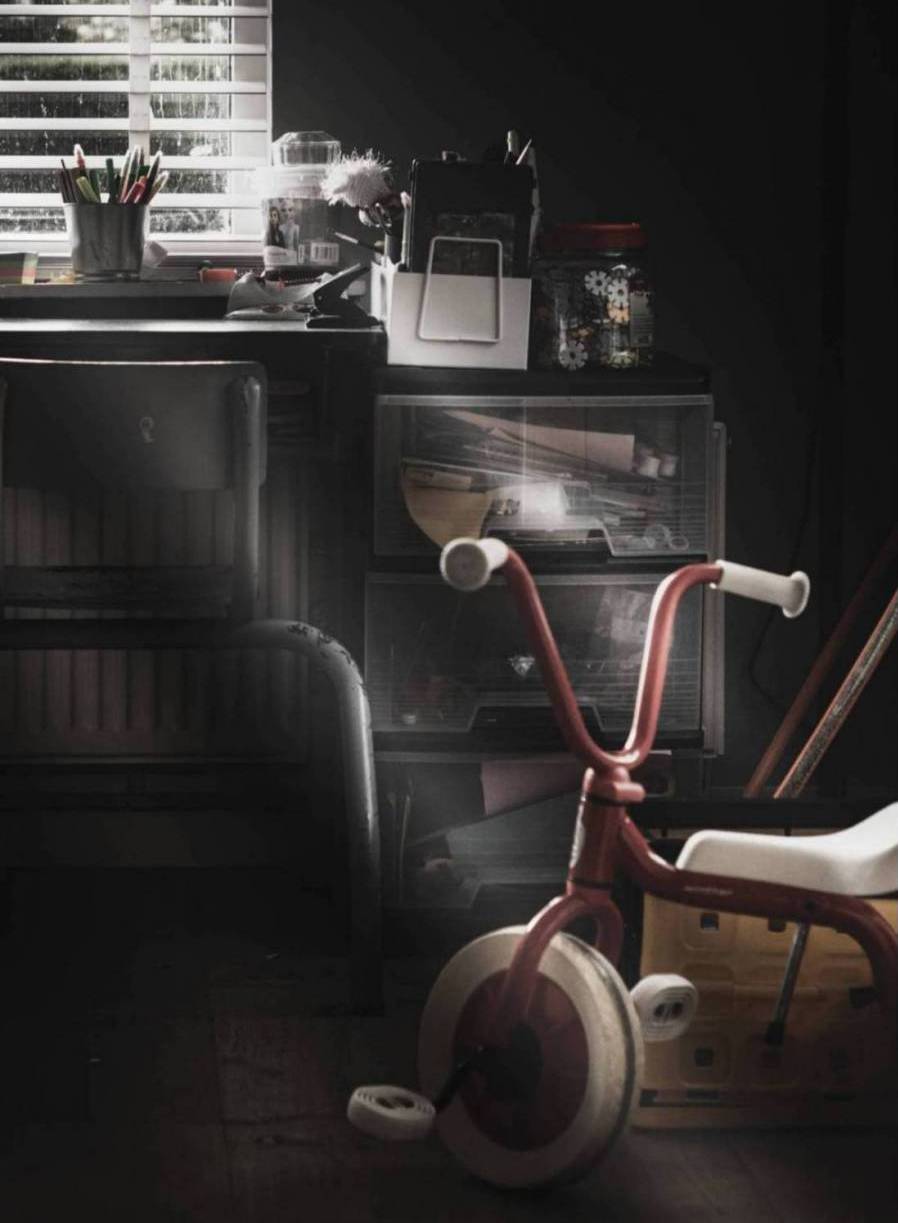Juggling life roles: Home schooling
What will I do with them ALL day?
Did an inbox of home-schooling tips send you into overwhelm?
If you’re stressed then you won’t be able to focus and your child will notice. It will make them uncomfortable and they are more likely to act-out because they feel ‘off’ and know you do too.
The following will help plan and structure your day to help you ensure you get some aspect of education into the course of the day. It’s about doing what you can, when you can. Not about forcing your way through an itinerary of school, your own work and then housework. The following will help you become kinder to yourself and your child:
Activities: Many schools are providing home activity packs with weekly online links to optional learning activities. They want to support your child, but note the use of OPTIONAL. Pick out what you know you can manage on a day that you know you can commit to it. If you get through that then you’ll have achieved something, supported your child and you’ll have other things to use if you need them, because you didn’t try everything at once. Comparison to what other parents are doing will make you feel inadequate; they don’t have your child nor your personal set of circumstances, it’s about you and your child, not the family down the road. If the work leaves little to the imagination then check out Pinterest for other craft ideas or fun ways to learn. Many community groups are also offering activity packs too so check out your what your neighbourhood is offering.
Variety: Think back to your own school days, what worked for you? What did you enjoy and what made you frustrated? If your child is struggling then think of a different way to present the information. Change up the environment for ‘lessons,’ make some of the ‘classes’ outdoors too. Think science class when you used to place a square on a random patch of grass and count the different insects- nature and maths all in one go!
They want to draw the grasshopper? Fab- that’s art class done too!
Events: Museums and galleries are offering virtual tours; these can serve as great incentives and rewards or for ‘school trips.’ Many places are now reopening so have a look at what you and your child would feel comfortable visiting.
Build in time for treats; make sure the day isn’t just about lessons. Board games, jigsaws, crafting and drawing are all free activities and encourage creative thinking and problem solving in a fun way.
Make a timetable: Many children are creative. Creating their own timetable can be fun and it gives them command over their own choices. If children have choice then they are more likely to engage because it was in their control. If they chose how to learn then learning will be more interesting for them. If the day doesn’t go as planned, try again tomorrow; your child may have other ideas about what to do if it isn’t working for them or you; some learning is still learning. The teacher isn’t watching you and no one is judging you; go at your own pace. Get feedback- did the child enjoy the day, what worked, what didn’t work? Then apply it to the next day. Communication will be vital if the timetable is going to be something enjoyed by you both.
Your child’s health and well-being: Bloom is a useful resource if you are concerned about changes in your child’s behaviour or about the impact isolation and social distancing may have had on them.
Don’t hide the facts from them; acknowledge what’s happening in the world but to try to keep things as normal as possible and reassure that it will pass. Keep the facts concrete, don’t add fantasy or make-believe to it as illness, death and sadness are part of life- if children are hidden from it then it will be harder for them to process these things in the future. Use child-appropriate language and keep it to the facts; they look to you for their knowledge- truth will build trust.
Looking after yourself: Look back at blog number 1 (parents working from home) and await blog number 3! There is also plenty of self-care tips in previous blogs- just search with self-care as the keyword.
It’s very easy to put ourselves last and take a back seat to ensure our families are cared for in all ways, however your children will pick up on your stress and anxiety so it’s really important to look after yourself. Consider the Stress Bucket and begin to understand the stressors in your life, and how you can release some of that stress.
It may feel right now that you’re standing in the rain constantly but actually now is the time to make time for the things you love and making a routine that benefits you, because without you feeling ‘OK’ and grounded, you can’t then support your family to the best of your ability. Self-care matters.
You Matter. Make yourself a priority in order to make your family a priority.

Add Comment